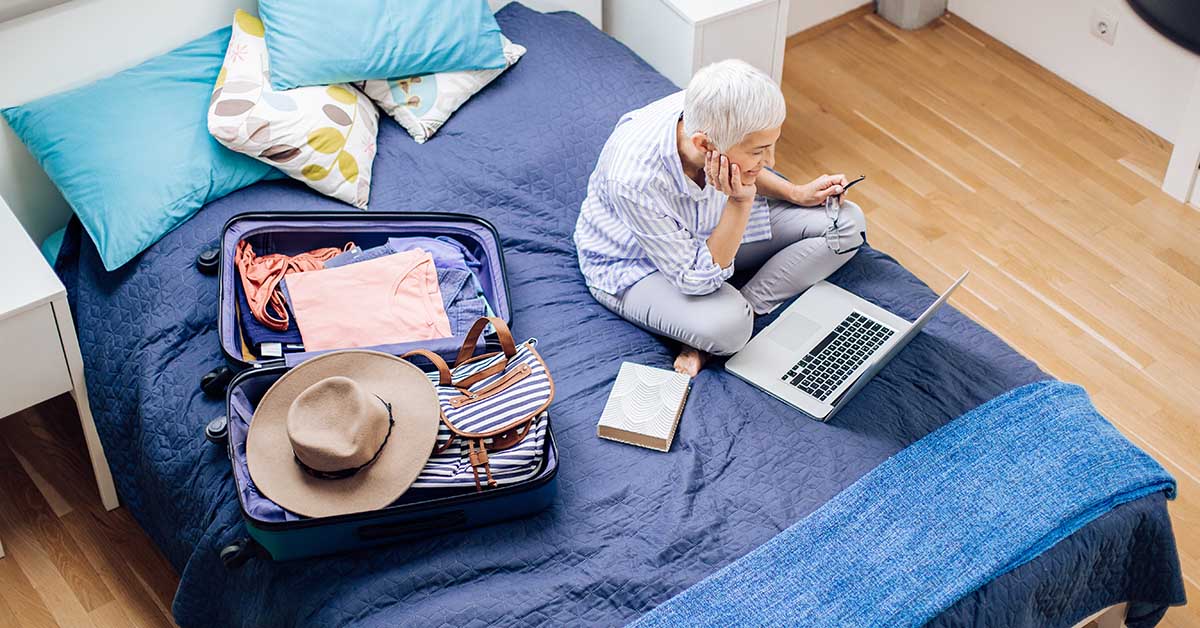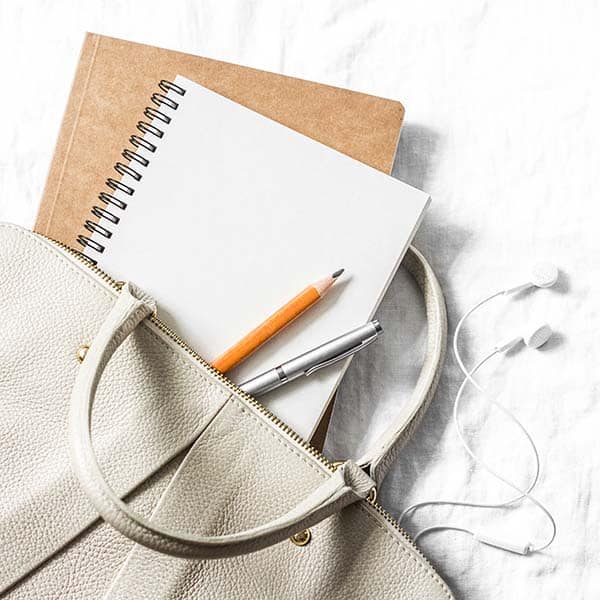
You’ve probably read my previous posts detailing my summer of library research thus far at the Family History Library and the Clayton Library. This summer I will have researched at genealogy libraries, public libraries, and academic libraries in four different states. That’s a lot of research. There are some mistakes I made along the way and things I forgot. My question for you is: what is a must-have for your library research trip?
Going to the local library is a lot different than heading to a neighboring state to research at a major genealogy library. The preparation is different and the things you need to pack and remember can be different. And that can also depend on what is available at that library. For example, I didn’t make one photocopy at the Family History Library but that’s because I used a flash drive and my cell phone camera. In years past I made enough photocopies to need extra room in my suitcase.
When I take a research trip, what I take depends on:
- What is available (research and technology wise) at the library
- What I’m researching
- How I’m getting to the library and eventually returning home (that impacts how much I need to carry)
- How many days I’ll be researching
- How I will get there (driving, walking, public transit)
- What I’m going to eat.
Yes, eating is important. Straying hydrated and eating somewhat regularly (more so if you have health issues) is important and in the case of my latest trip it was an issue since many nearby restaurants were closed (lesson learned, always have some sort of snack on you at all times).
So what did I take? It was interesting to watch other researchers and compare what they brought versus what I brought. Some rolled around small pieces of luggage with their information. Others had 3-ring binders. In my research bag I had:
- A laptop and charger
- My cell phone and charger
- A flash drive
- A notebook
- Pens, pencils, and highlighters
- Removable sticky notes and tags (for my notebook)
- A list of what I was researching/Research Log

I also sent myself emails of information I thought I might need such as research logs, to-do lists, charts and GEDCOMs. I prioritized what was the most important and went from there. I assumed that “stuff” happens and there were certain items I may forget but I could purchase at a local office supply store. If my computer died or my research bag was stolen, I still had those emails I could access on my phone or on a computer at the library.
Every night in my hotel room, I went over what I knew, what I found, and where else I needed to look. Sometimes this differed depending on what new-to-me sources I found or a librarian suggested.
Now how did I prepare? Well, I spent time deciding what family lines I would research. I then went through the library catalogs to find items that were not found elsewhere and not online. I made that my priority to research those things. I also chose multiple projects knowing that sometimes things don’t work out. In one case, a microfiche was lost and so I was unable to use that much-needed resource. Always search the catalog before going to the library.
Now it’s your time. How do you prepare for a library research trip? What do you take with you? Has that changed over time? Please share your experience in the comments below.
Gena Philibert-Ortega is an author, instructor, and researcher. She blogs at Gena's Genealogy and Food.Family.Ephemera. You can find her presentations on the Legacy Family Tree Webinars website.



I did research at the archives in Gothenburg Sweden. I had everything with me -computer, phone and print outs of the different parts of my family tree in a ringed binder.
I found the printouts helpful when I talked with the librarian about the research I was doing. She was able to show me how to prove/disprove my hypothesis of a potential gg-grandfather.
I was not allowed to bring any food or drink in the research room but I was allowed to keep things in a locker for break time.